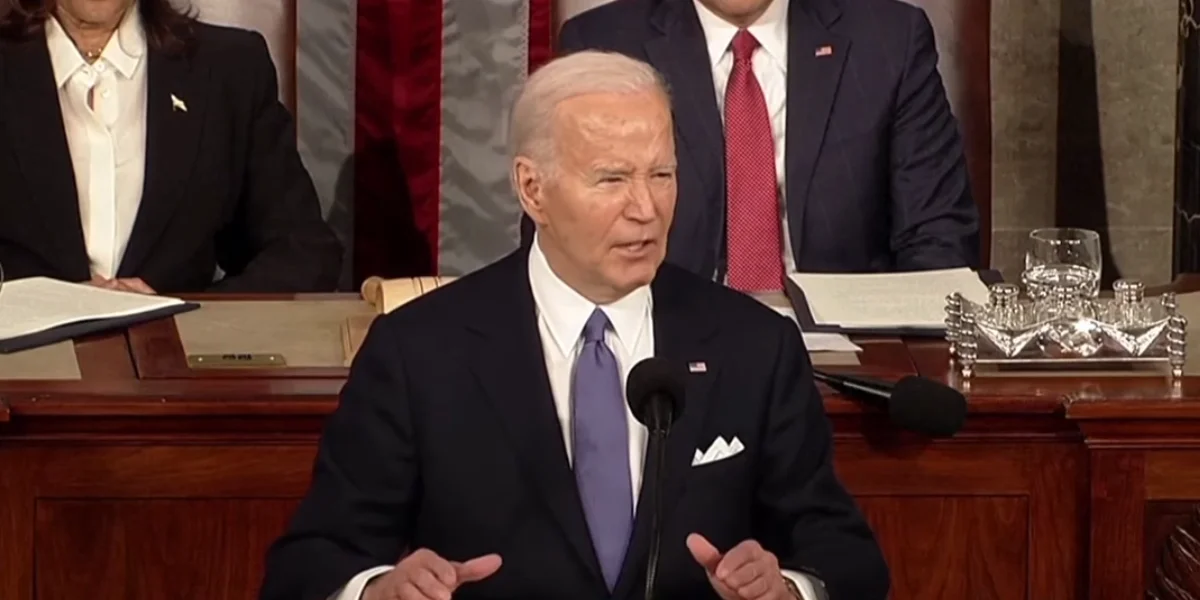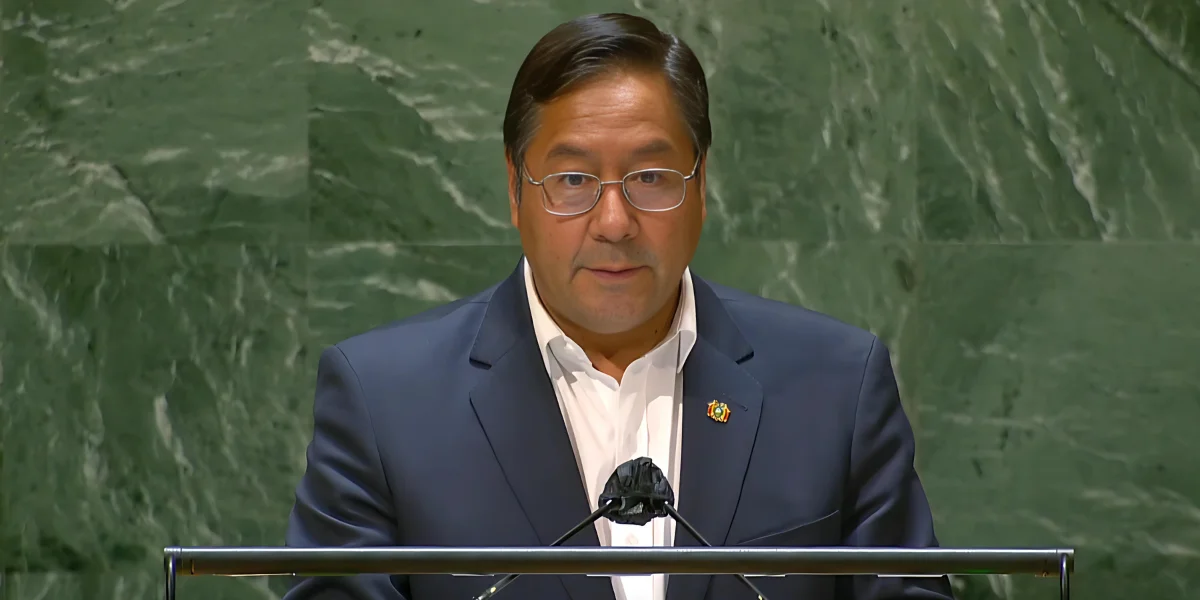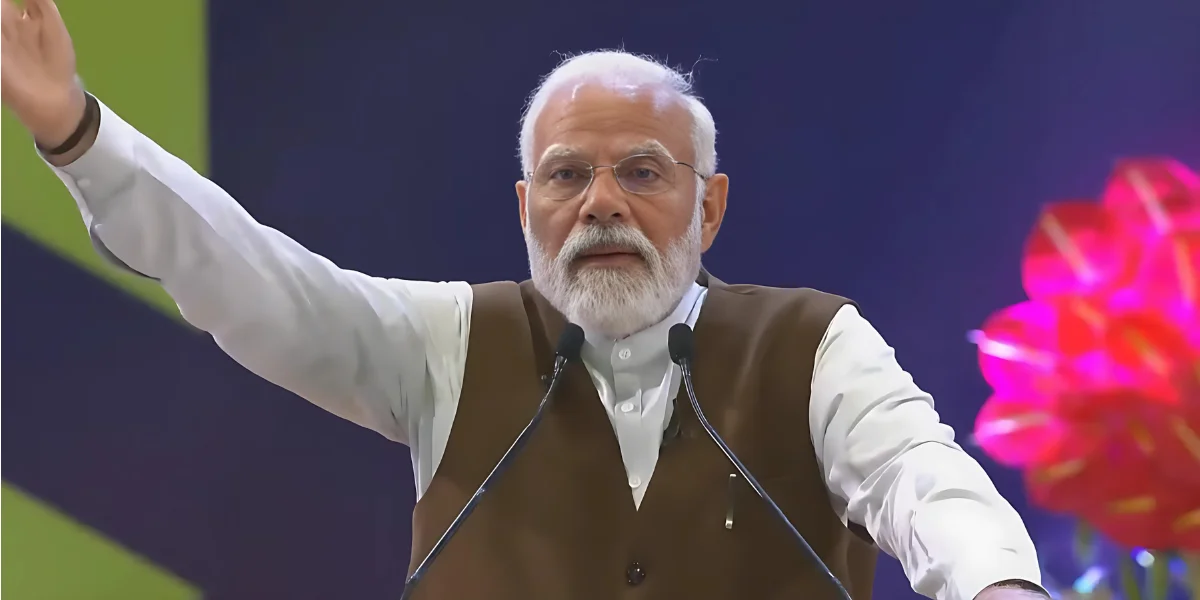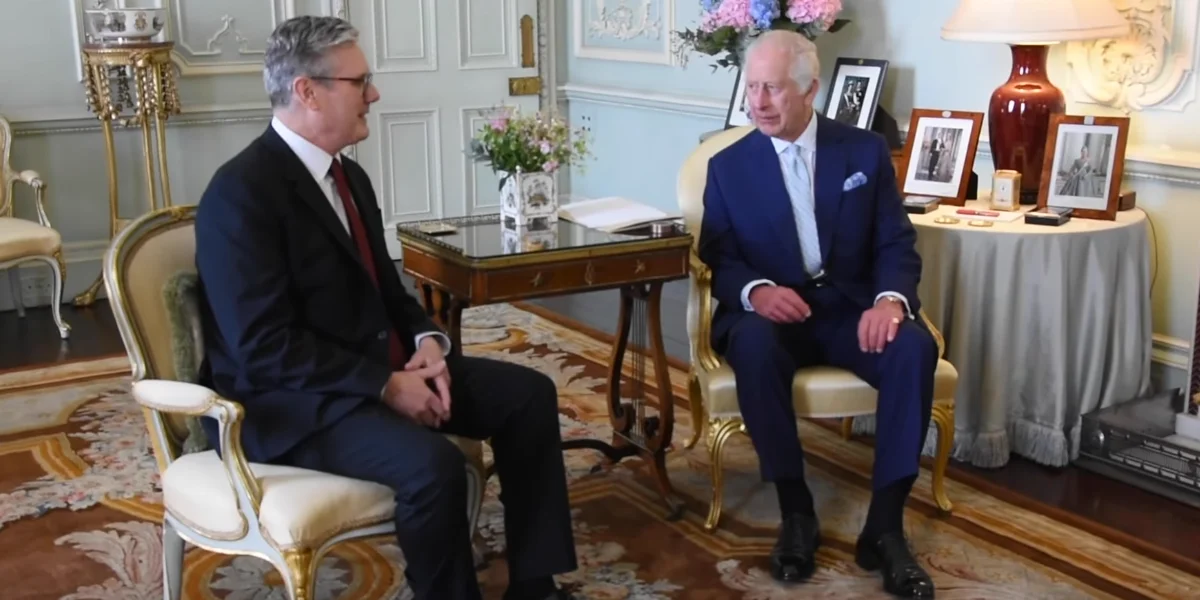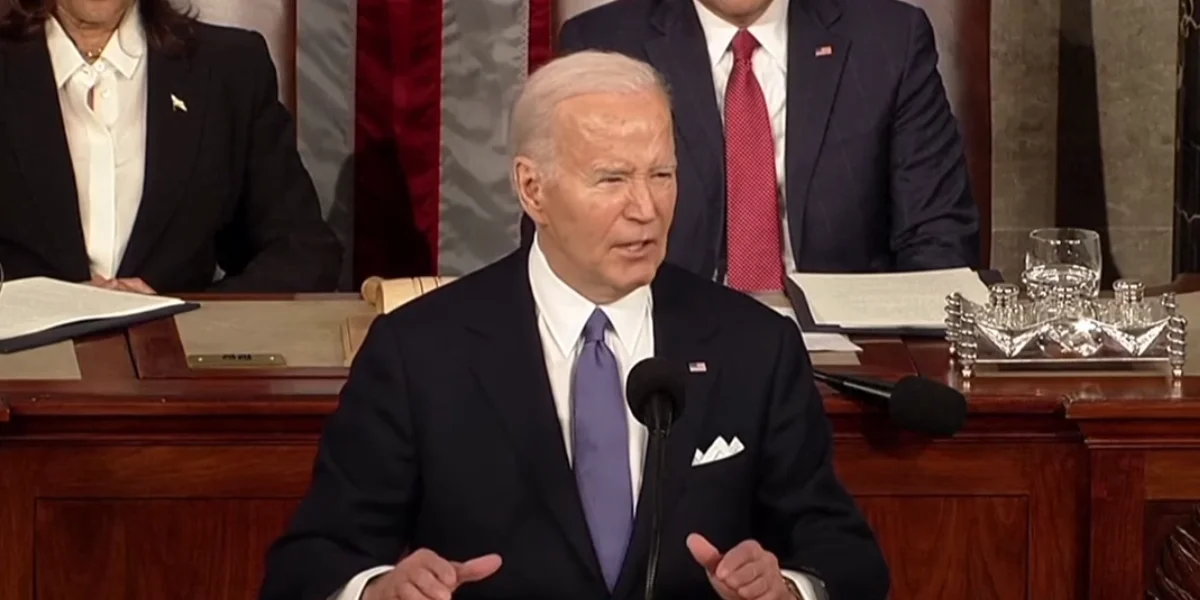Maduro officially declared the winner of Venezuela's disputed presidential election
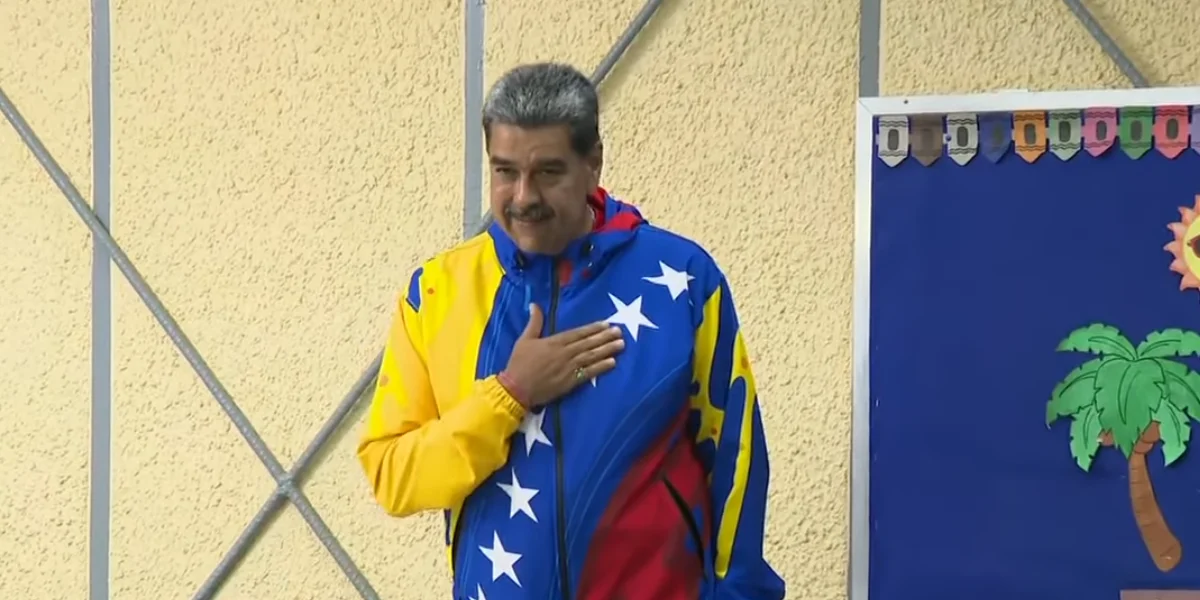
A day after both the incumbent and the political opposition in Venezuela claimed victory in the campaign, Nicolas Maduro has been officially proclaimed the winner of the contentious presidential election in that nation.
The National Electoral Council, an ally of Maduro's ruling party, declared his win, granting him a third six-year term as the head of a populace yearning for change and an economy emerging from near disaster.
“We have never been moved by hatred. On the contrary, we have always been victims of the powerful,” Mr Maduro said in the nationally televised ceremony.
“An attempt is being made to impose a coup d’état in Venezuela again of a fascist and counterrevolutionary nature.”
“We already know this movie, and this time, there will be no kind of weakness,” he added, saying that Venezuela’s “law will be respected”.
According to a preliminary report from Elvis Amoroso, head of the National Electoral Council, which is controlled by the Maduro regime, González received 44% of the votes while Maduro won a third term with slightly over half of the votes (51%), with 80% of the ballots counted and a 59% voter turnout.
Election officials withheld the publication of comprehensive vote counts from all 30,000 polling places across the country, a procedure essential to the precise validation of election results, until after these results were declared.
While the opposition pledged to stand by its votes, Mr. Gonzalez and his allies urged supporters to maintain composure and urged the administration to refrain from inciting unrest.
The opposition placed its trust in the voting booth after three rounds of protests since 2014 failed to remove Mr. Maduro.
With hopes that violence could be prevented and 25 years of one-party rule in Venezuela ended, the elections were among the most calm in recent memory.
According to US Secretary of State Antony Blinken, Washington was "seriously concerned" that the results released did not accurately represent the votes cast or the wishes of the electorate.
In the past, Maduro had promised to create a "bloodbath" if he was not elected. Under his direction, the one-party government of the Chavista regime—a political movement with socialist roots that became an authoritarian government almost thirty years ago with the election of his mentor, Hugo Chávez—was sustained.
The greatest oil reserves in the world are found in Venezuela. The severe sanctions implemented by the United States in 2019 combined with the financial mismanagement of this industry under Maduro's leadership set off a chain reaction that ultimately led to the collapse of Venezuela's economy. Additionally, it set off a humanitarian catastrophe that is still going strong and has left people without access to basic essentials like food and healthcare.
Over 80% of Venezuelans are now living in poverty as a result of the crisis, and 8 million of them are thought to have fled their country for other countries in Latin America and the United States, making it the greatest displacement issue globally.
Although González stated that the opposition is not encouraging supporters to carry out any violent activities or take to the streets, it is still unclear exactly what the opposition's next moves will be.
“We are a civic, peaceful movement and that’s how we will keep working until we make the truth prevail,” Machado said, adding that the opposition has great support from the international community.

